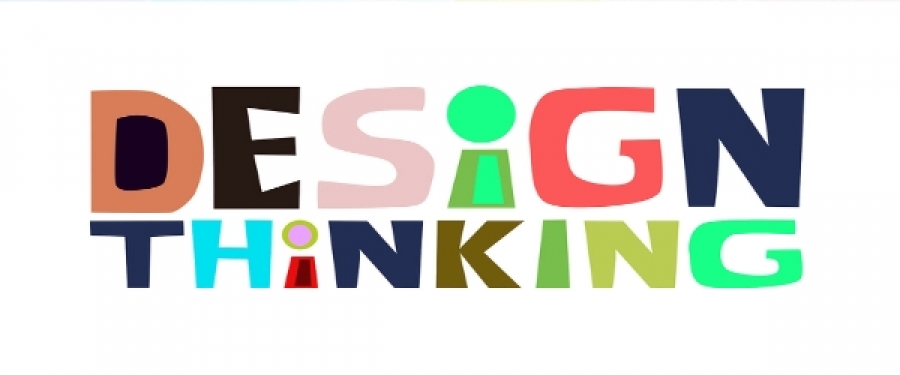From the perspective of using various tools in organisations, the value of such tools influencing the effectiveness of organisation’s operation is important. The real problem in this area is indicated by Schmiedgen, Rhinow, Koppen, and Meinel (2015). In their study, which covered 235 trainees using DT in various companies in the whole Europe, they have experienced that the effectiveness of DT is very rarely measured.
Responses given by respondents on question “Why?” are:
- there are no people and resources to measure the effectiveness of DT in a company;
- nobody in an organisation knows ways to measure the effectiveness of DT;
- there is no time to measure the effectiveness of DT in a company;
- measurement of the effectiveness of DT in a company is seen as additional cost and pointless additional action;
- DT cannot be measured because it is a change in the attitude and culture of an organisation;
- respondents did not know how to measure the effectiveness of DT;
- DT is too new to measure its effects;
- DT was not officially implemented in an organisation; thus, the management feels no obligation to check its effectiveness;
- it is unknown whether Design Thinking should be compared: with other creative methods, standard meetings, project methods, or something else?;
- there is no point in measuring DT using KPI indexes. It is better to measure it through “reflection in action” (but no one does that).
Schmiedgen, Spille, Köppen, Rhinow, and Meinel (2016) reached similar conclusions. In their study, which covered 403 employees of companies using DT worldwide, only 40 of those companies admitted that the DT implementation effectiveness was measured in any way. Only 23 of those companies could define the used method – respondents pointed to the following measurement methods:
- customer satisfaction measurement study before and after a product;
- number of projects, training sessions, and trained people;
- “changes of current company strategies”, “products in projects, e.g. starting an online application”;
- KPI: financial result, market success, ROI, increase of sales;
- studies covering depth of knowledge and application of process and tools in an organisation.
In contrast, in the McKinsey Design (organisation set up by McKinsey & Company which similarly to Inprogress Design Lab aims to expand organisational awareness about Design in the world) was conducted analysis of design behaviours of various companies in a five-year period (Sheppard B. et al, 2018). This analysis served as a base to evaluate effectiveness of the said organisations in relation to the utilisation of methods associated with Design Thinking.
In McKinsey & Company was created the McKinsey Design Index (MDI) which refers to practices related to Design used in an organisation. Higher MDI translates into higher level of using practices associated with Design Thinking. On the basis of collected information it is possible to see a correlation between Design practices and income of an organisation. These companies which have high level of the McKinsey Design Index within 5 years achieved approximately 10% higher average income than companies which do not use the Design practices (approx. 3-6%). The studies were conducted on the basis of the data acquired from MDI (McKinsey Design Index), S&P 500 (market index that comprises of 500 companies with the highest capitalisation quoted on New York Stock Exchange and NASDAQ [quoted from: Wikipedia]) and McKinsey & Company database of companies.
Source: Inprogress Design Lab | Author Rafał Czarny, Michał Eromin, Olga Bogusz









